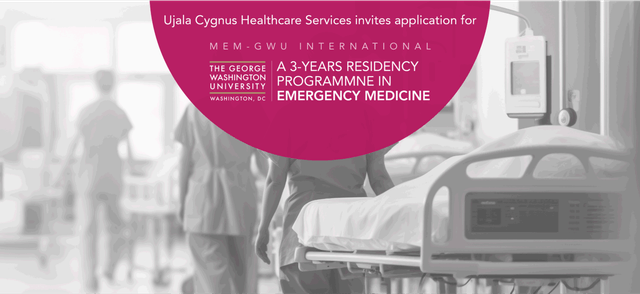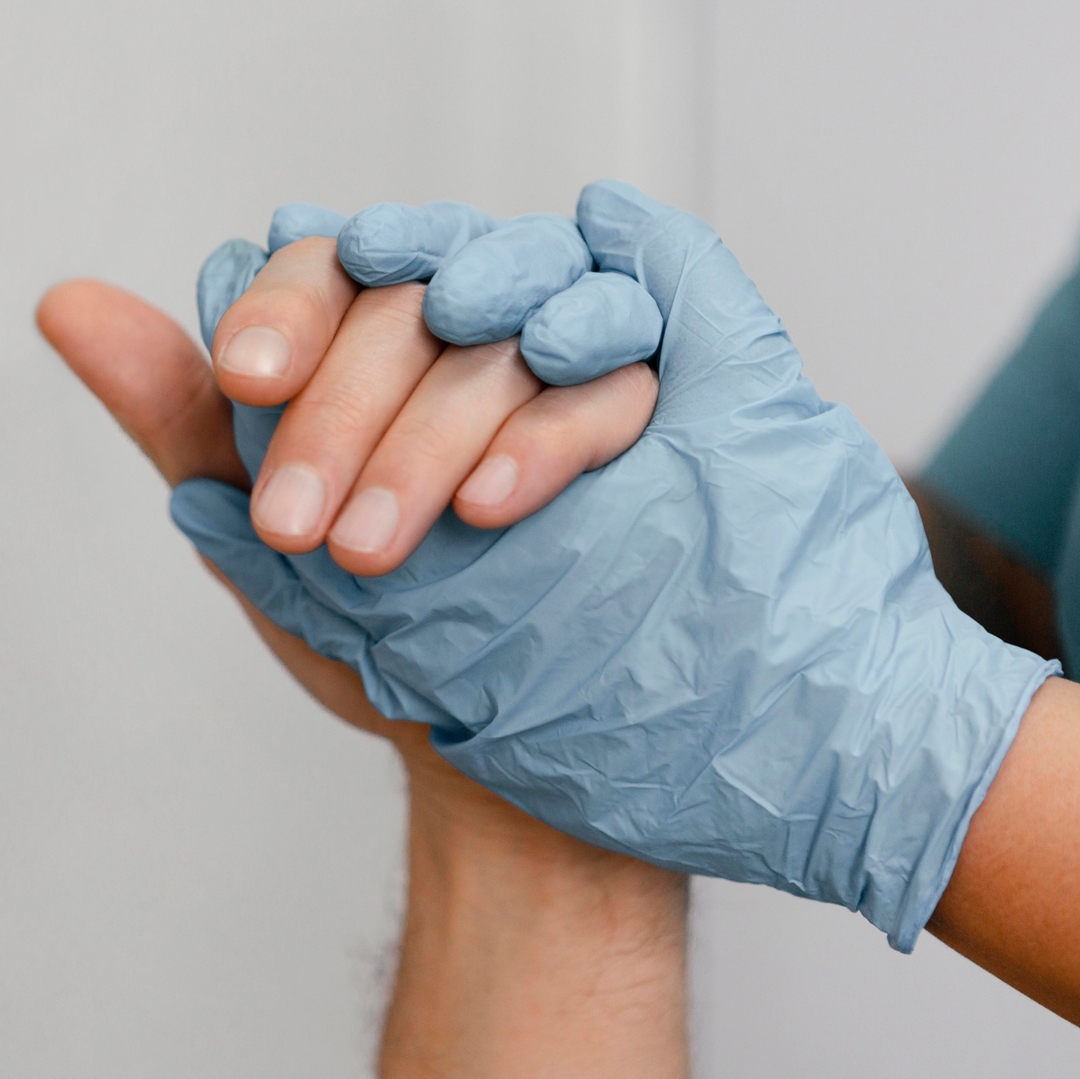
What is Coronary artery disease
By Ujala Cygnus
Reviewed by : Jalaz Jain
January 13, 2023
Overview
Coronary heart diseases occur due to the build up of atheroma on the arteries. This build-up narrows the arteries, restricting the blood flow to the heart muscles. This disease takes a long time to become noticeable and severe. Most people are unaware about their condition until they suffer from a heart attack.
Types
Coronary heart diseases can be of the following types:
Causes
Several things may cause coronary heart disease. Some of them are:
Symptoms
The symptoms of coronary artery diseases may include:
Several tests are conducted to diagnose coronary art diseases. Some of them are:
The results of the above-mentioned tests are usually available within 24 hours. Doctors will suggest the right treatment for you based on the results of these tests.
Treatment
Coronary heart diseases can be treated via:
Prevention
You can decrease the risks of contacting a coronary heart disease by:
Loading...









